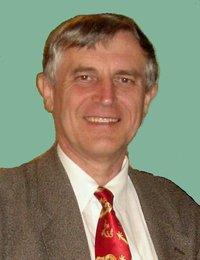- Speaker
- Prof. Michal Krizek
- Institute of Mathematics, Czech Academy of Sciences, Prague
- Abstract
One hundred years ago, Albert Einstein came up with a new theory of gravitation. Later he added to his field equations the cosmological constant which is accountable for the accelerated expansion of the universe. Thus a natural question arises concerning what is the energy source for this expansion. The lecture is about the novel concept of antigravity and antigravitational forces. We present various observational arguments showing the expansion on small cosmological scales. In particular, the Solar system and single galaxies expand at a rate comparable to the Hubble constant. The novelty of our ideas is that traditionally the expansion of the universe according to Edwin Hubble has been assumed to take place only between galaxies. The boldness of our approach is that it points to a weak violation of the law of conservation of energy. We claim that any system of free bodies that interact gravitationally with delays expands on average. We suggest that this is due to gravitational aberration effects resulting from a finite speed of gravity.
- About the Speaker
1980-1986 Researcher
1986-2015 Senior Researcher
1996-2003 Chair of the Scientific Council of the Institute of Mathematics
1996-2003, 2008-2015 Head of the Department of Constructive Methods of Mathematical Analysis
2003-2013 Chair of the Committee for receiving the Scientific Degree DSc. in the field: Mathematical Analysis and Related Subjects
About 145 records in Mathematical Reviews (MathSciNet) and 150 records in Zentralblatt für Mathematik (ZMATH)
Over 1900 citations until November 2015 (except for self-citations and self-citations of coauthors)
Research Interests: the finite element method for solving nonlinear partial differential equations, grid generation, error estimates, superconvergence, variational crimes, number theory, theoretical biology, astronomy, mathematical modeling
- Date&Time
- 2016-01-21 10:30 AM
- Location
- Room: A203 Meeting Room




